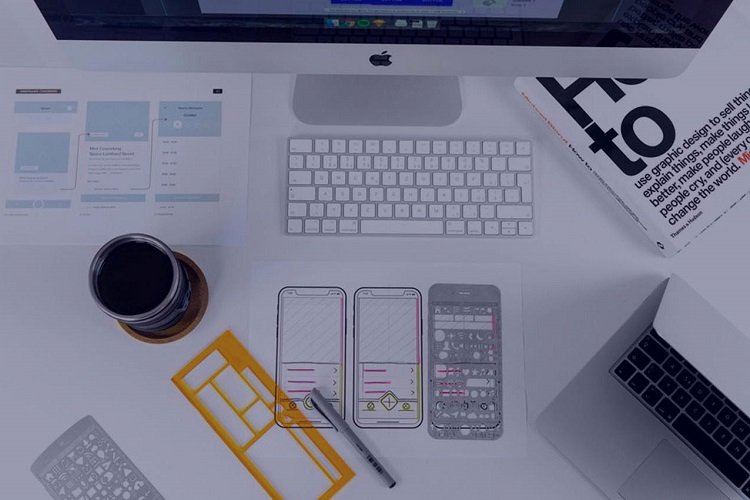Do you want to make quick and easy iterative changes to your product line? Here are the manufacturing benefits of rapid prototyping.
Do you have a manufacturing company? Are you interested in bringing new products to market? Or perhaps you want to test something in development? Rapid prototyping offers many benefits that can have a huge impact on your life and your business.
The advent of rapid prototyping has made it easier for manufacturing companies to test many variations of products at once.
As the prototyping process progresses, prototyping can also create realistic parts. Functional prototypes include all details of the design. They allow extensive testing before full production planning.
Here’s everything you need to know.
Test The Product Functionality
You can test the manufacturability, as well as the functionality of a product. Do this before it goes into full production – a more expensive process.
For startups, the use of prototyping can streamline the product testing phase. It can speed up time to market without cutbacks. By working with prototyping services startups can benefit in many ways. From realistic prototypes to fast turnaround times.
If you want to learn more about volume rapid prototyping be sure to follow the link.
Rapid prototyping services offer competitive manufacturing costs. This means that you can build prototypes for even the tightest budget startups. This is great if you are on a tight budget.
In the past, this required almost the same processes, costs, equipment, and configuration as the final product. This could make prototyping a daunting task for many companies.
Faster To Market
The most obvious benefit of rapid prototyping is that companies can bring new products to market. Or they deliver customized products to customers much faster than traditional manufacturing methods. Increasing the speed of prototyping allows you to launch projects earlier.
Rapid prototyping offers new opportunities for start-ups and all product and component developers. They don’t have to worry about adding weeks to the development process. if they need to redesign a prototype.
Rapid prototyping can be used at any stage of the product development cycle. On any component or subcomponent, and for different iterations during the design process.
In short, rapid prototyping is a set of techniques that create scale models of product assemblies. It uses data from automation technology (CAD).
In the product development process, rapid prototyping is like terms “3D printing” and “additive manufacturing” This is mainly because 3D printing became an important means of rapid prototyping in the first place.
Scale Models
Rapid prototyping uses additive manufacturing methods. It is the fastest way to create near-perfect visual replicas. Rapid allows you to create scale models of your product, further simplifying the manufacturing process
Prototyping is a low-risk way to explore and test ideas when a development team develops a new part or feature.
Rapid prototyping originated in the 1970s. Joseph Henry Condon and his workers at bell labs created the UNIX circuit design. It automated the time-consuming and error-prone task of manually converting blueprints into PCB design and development.
Depending on the type of prototype made and the material used, the following rapid prototyping procedures were used.
SLS 3D printing uses a powder layer to build a prototype layer by layer by heating and sintering a powder material with a laser beam. For the production of a serial product or prototype, a powerful or electronic laser is used to melt the powder-coated binder.
Rapid manufacturing is now being used to create whole parts and products for the end-user, not just for prototyping.
Low Volume Production
A few years ago, rapid manufacturing was usually only for building specific prototypes and was one of the types of manufacturing.
Rapid manufacturing is best suited for prototyping. However, low volume production can sometimes be great for high volume production.
Prototyping is an important process in the product development process. It is, however, a bottleneck. The main problem with design without prototyping is that you can’t evaluate product performance.
Without completing and producing the actual product, and often the costs associated with starting and operating a production are so prohibitive that it cannot be started
It’s best to complete prototyping early. Then you can see what is feasible and replicable. Rapid application development is becoming the most important aspect of product development.
Fully Functional Product: The End Result
The result is a fully functional product. This can be shipped to customers with ongoing design changes and additional prototyping processes.
As a result, they can shorten the time it takes to bring a new product to market, thereby improving their product’s chances of winning over the competition.
Production can be improved and expanded according to demand, which gives the company an edge over its competitors. Startups should focus on the creative process in addition to the testing and marketing phases.
They can do this without worrying about manufacturing process parameters. Or machine setup, and other aspects that rapid prototyping companies excel at.
Additionally, having a dedicated prototyping team simplifies the manufacturing process. It completes all prototyping activities and reduces lead times.
Rapid Prototyping Is Great
Product designers use rapid prototyping to rapidly-produce representative prototype parts. It can help to visualize, design, and develop the production process before mass production.
Manufacturers use prototypes to test designs before they go into production. In addition, prototypes must be tested and modified until the product is ready for the market.
If you’re thinking about how to get started with your manufacturing process you can’t go wrong with rapid prototyping.
For more be sure to check out the rest of our site.
